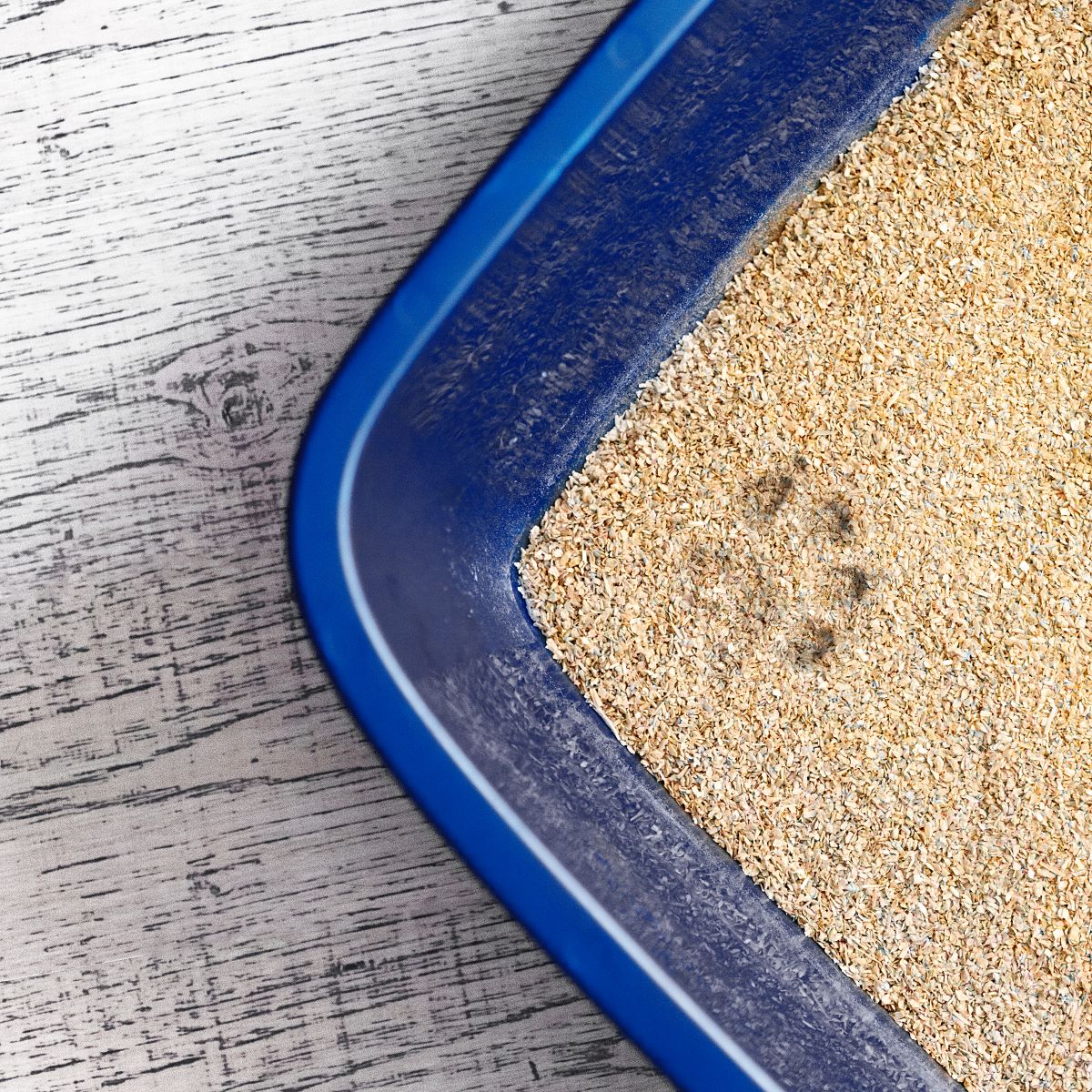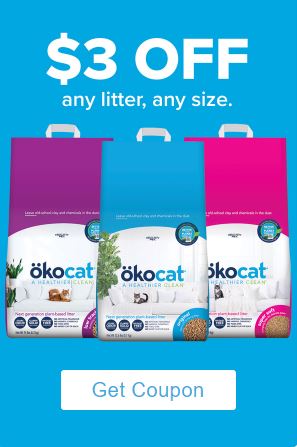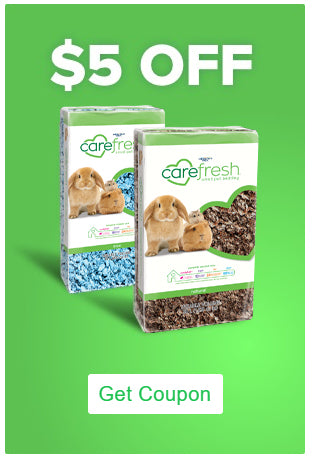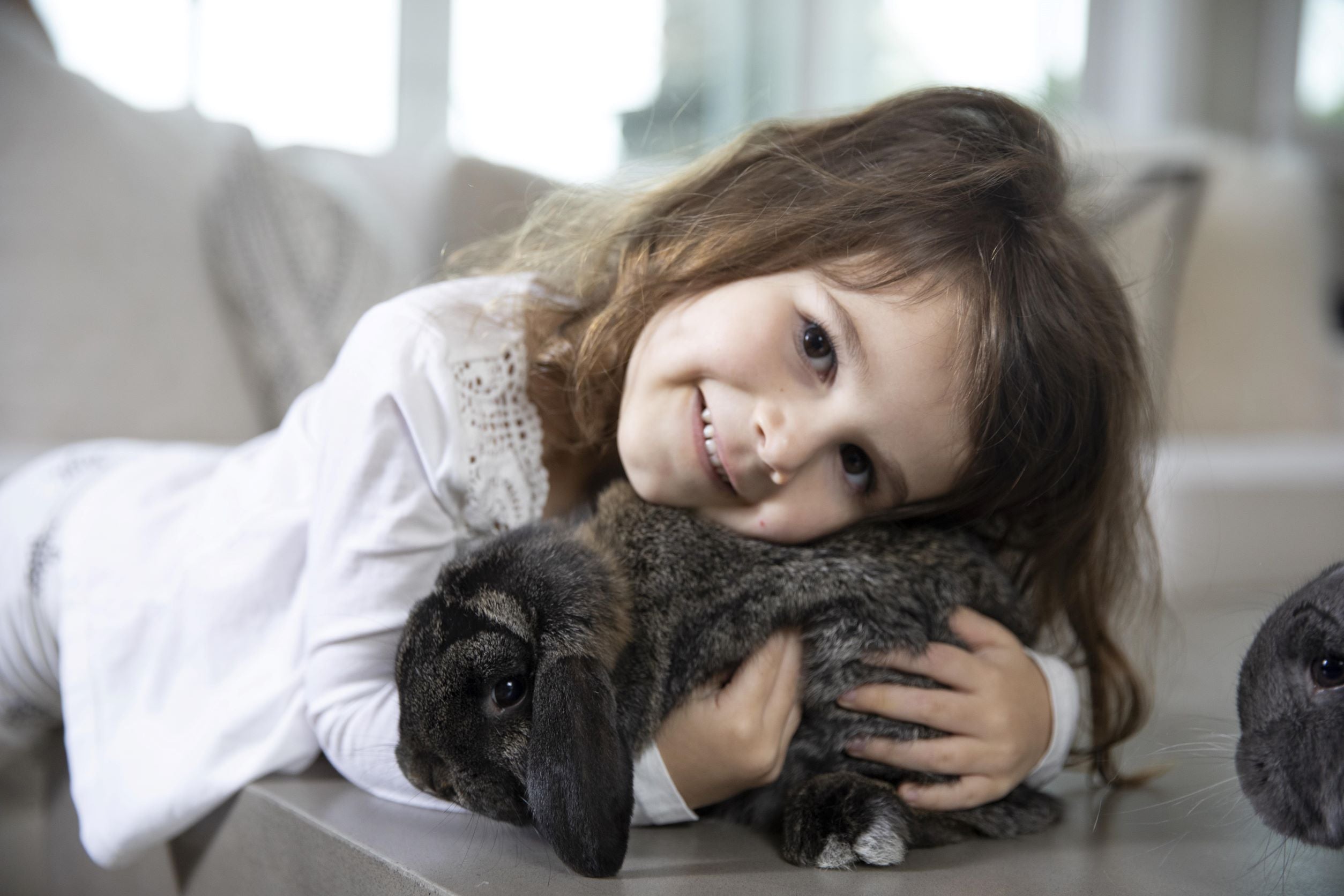Coat, Care, and Canines: Grooming and Health Tips for Goldendoodles
Image by Brooke from PixabayImage Alt: A Goldendoodle puppyWhat's not to love about Goldendoodles? One of the most friendly breeds with a charming appearance. It seems to have the best traits of the Golden Retriever and Poodle. The Goldendoodle also has a unique coat that requires regular maintenance to prevent matting and to keep it looking its best. Additionally, like all dog breeds, Goldendoodles have specific health needs. Therefore, they have specific care and health needs.This article explores these essential aspects. From understanding their coat type to the importance of a proper diet and regular exercise, we provide practical tips and advice. This guide is a must-read.Understanding the Coat and Care Needs of Your GoldendoodleOne of the most distinctive and admired features is its coat. Goldendoodles Coat TypesThis breed can have flat, straight, wavy, or curly coats, reflecting its Golden Retriever and Poodle heritage.The flat coat closely resembles that of a Golden Retriever. It's usually easier to groom than the other types, but like all Goldendoodle coats, it needs regular brushing. This routine helps manage shedding and prevents tangles.The straight coat may have a slight wave, and the wavy coat blends traits from straight and curly coats. Lastly, the curly coat has tight curls that can easily mat if not cared for properly.Essential Grooming Activities for Your GoldendoodleBrushingWhether flat, curly, wavy, or straight, the coat needs regular brushing to prevent mats and tangles. Use a slicker brush or a wide-toothed comb for curly and wavy coats. It helps in managing shedding and keeps their fur smooth and healthy. If your Goldendoodle has a straight coat, you might find less frequent brushing is required. However, regular brushing is still important to maintain the health and appearance of their coat. Additionally, brushing is a good time to bond with your dog and check for skin issues.BathingYou can bathe your Goldendoodle every 3 to 6 weeks and use a dog-specific shampoo to protect their skin and coat. Nevertheless, the frequency can vary depending on their activity level and the coat type. For example, dogs that spend more time outdoors may need more frequent baths. Be thorough but gentle during baths, and rinse all the shampoo out to avoid skin irritation. After the bath, dry them thoroughly, especially if they have a thick or curly coat, to prevent any dampness that could lead to skin issues.Hair TrimmingRegular hair trimming every 6 to 8 weeks helps maintain your Goldendoodle's coat. Focus on areas like the eyes, ears, and paws to keep your dog comfortable and prevent infections. Trimming these areas also helps in maintaining hygiene and preventing mats.If you're uncomfortable doing it yourself, consider taking your Goldendoodle to a professional groomer. They will have the right tools and expertise to trim your dog’s coat correctly and safely.Health Considerations for GoldendoodlesLike all breeds, Goldendoodles have specific health needs that, when attended to, can ensure they lead a happy, healthy life. Therefore, plan regular veterinary check-ups to monitor your dog's health and catch any issues early. Here are some health issues common in this breed.Hip DysplasiaA pet with this condition has a hip joint that doesn't fit together perfectly, leading to arthritis or mobility issues. To mitigate this, ensure your Goldendoodle maintains a healthy weight to reduce strain on their joints. AllergiesGoldendoodles can be allergic to certain foods, environmental factors, or flea bites. Symptoms may include itching, skin rashes, or gastrointestinal issues. If you notice any allergic reactions, consult your vet. Ear InfectionDue to their floppy ears, Goldendoodles are more susceptible to ear infections. Keep their ears clean and dry, especially after baths or swimming. On top of that, check their ears regularly for any signs of infection, like redness, swelling, or an unusual smell.Diet and Exercise Tips for Your GoldendoodlesGoldendoodles thrive on a diet rich in quality proteins, fats, carbohydrates, vitamins, and minerals. Go for products suited to this specific breed, whether premium or budget-friendly dog food. In addition, recommended food for Goldendoodles suits their age, size, and activity level because puppies, adults, and seniors have different nutritional requirements. Always ensure fresh water is available, and be mindful of treats, as excessive treats can lead to weight gain.Since Goldendoodles are active and playful dogs, they require regular exercise to keep them physically and mentally fit. They typically enjoy activities like walking, running, swimming, and fetch. You can schedule half an hour to one hour of exercise daily.Along with physical exercise, mental stimulation is vital for Goldendoodles. They are intelligent dogs and can become bored if not properly stimulated. Puzzle toys, training sessions, and interactive play can keep their mind active. It also helps avoid behavioral issues.Final ThoughtsThe type of coat a Goldendoodle has affects how much they shed and their grooming needs. Straight and wavy coats may shed more than curly coats, but all types require regular grooming. Brushing several times a week, or even daily for curly coats, is essential. This regular grooming not only keeps their coat looking good but also helps to reduce shedding and prevents skin problems. In addition to grooming, your pet needs regular exercise to stay healthy. As such, know the exercises your dog enjoys and tailor activities to suit their preference and ability. Some may enjoy long hikes, while others prefer playing fetch in the yard.
Read MoreIntroduction to the many different guinea pig breeds
In this installment of guinea pig blogs, I’ll have a look at the different breeds.
7 Great Reasons Why Cats Make the Best Pets
Photo credit: Yerlin Matu
Are you wondering if you should get a feline for a pet?
Maybe we can help you make up your mind.
Although all pets are adorable, cats are a favorite pet choice for many Americans. According to the 2021-2022 APPA National Pet Owners Survey, 45.3 million US households have a feline as a live-in companion, and with good reason.
For starters, these wonderful furry animals are adorable and cuddly which is why we can’t get enough of those cute cat Insta photos. They are also independent self-groomers making them purrrrfect if you’re looking for a low-maintenance furry friend. Not to mention that they’re fiercely loyal and make wonderful and safe playmates for both children and adults.
Still looking for more reasons to own an adorable cute kitty? Read on.
1. Multiple Health Benefits
Photo credit: Pietro Schellino
Did you know that owning a furball is good for your health?
According to a 2009 study published in the Journal of Vascular and Interventional Neurology, owning a cat can lower your stress levels. This can further help lower your risk of heart disease and stroke.
Further, your feline purring has been shown to improve the healing of injured bones, muscles and tendons. The frequency of your furball purring falls between 25 and 140 Hz and studies show that vibrations in the frequency of between 20 and 140 Hz help repair injured and swollen muscles.
Cats are also great stress relievers. Think about it, there is nothing better than coming home to your fuzzy pet after a long stressful day.
Besides, curling next to your snuggle friend or just petting your feline is enough for your body to produce feel-good hormones. And if you didn’t know, even just watching cute YouTube cat videos can help lower stress levels according to one study.
2. They Make the Perfect Apartment Pets
Do you live in a small space, or maybe you’re worried that Fido’s barking will be too much for your quiet neighbours?
Well, get a cat!
Cats are quiet and they don’t need to live in big open spaces, unlike large dogs. Besides, you don’t have to take your cat out for regular walks as felines are pretty independent.
Further, if you live in a high-rise apartment you don’t have to worry about taking your kitty outside to pee or relieve herself. And oh, cats have retractable claws meaning no damage to your favorite carpet or sofa.
Using a natural cat litter such as okocat wood clumping litter will ensure your apartment always smells fresh and taking care of the litter box is a breeze. Plus, it's lightweight and easy to carry.
3. Reduced Allergies for Your Kids
Photo credit: Prince Abid
Exposing your child to a cat from an early age can help keep allergies at bay in their later years.
According to Science Daily, a study published by the Journal of Allergy and Clinical Immunology suggests that early exposure to cats can reduce the risk of asthma and allergic symptoms in children.
The good thing is that this early exposure does not only have a protective effect on pet allergies but other allergens as well.
4. Cats Are Lifelong Companions
Cats make wonderful companions. They are loyal and offer unconditional love to their owners. Cats are also clean which means they make the perfect cuddle buddies if you’re feeling lonely.
Also, cats have a long life span as their average life expectancy is between 10 and 15 years. Some domestic cats live up to 20 years when they’re well-taken care of. So, if you’re worried about losing your pet after a few years, you can rest easy knowing your furball may live to his early twenties.
5. Cats Teach Kids Useful Life Lessons
In addition to helping improve your little one’s immune system, cats also have lots to offer your kid.
Cats are wonderful playmates as they’re gentle and patient. During play, children can learn that they need to have respectful etiquette when it comes to playing with a feline. And if you’re worried about clawing and biting when it comes to your cat and child’s play, consider adopting a senior furball or a calmer cat breed such as Ragdoll, Persian, Birman, or a British Shorthair.
Having a cat as a pet can also teach your little one to be responsible, especially if you give them the responsibility of taking care of their pet’s litter, water, and food needs.
6. They Are Low Maintenance
Compared to Fido, your pussy in boots is low maintenance. You don’t have to take her for multiple walks a day. Besides, cats love to clean themselves meaning you’ll only need to take them to the groomers occasionally.
Cats also don’t need lots of attention. So long as you have your kitty food and litter box ready, your feline will be quite happy to be left alone.
Overall, as noted by ASPCA compared to dogs, cats are low maintenance not only in terms of time but also when it comes to food, grooming costs, routine medical costs, treats, and the number of toys they require.
7. They Keep Pests Away From Your Home
Cats are one of the most efficient natural pest control animals.
Cats are natural predators, and they love to hunt. They prey on bugs, mice, rats and other rodents. In addition to feeding on these pests, they also deter them from invading your home as they often mark their territories with their scent.
Cats are so efficient at keeping rodents at bay that several US organisations including the Lodi Animal Shelter in California and the Voice for the Animals Foundation have started cat programs. These programs encourage the adoption of barn and feral cats to help control rodents and other pests on the cat owners’ properties.
There you have it, seven good reasons why cats make the best pets! Hopefully, you’re now ready to adopt an adorable furball to be your lifelong companion.
Read MoreGive Your Cat the Purrfect Green Holiday: 10 Eco-Friendly Gift Ideas
Looking for eco-friendly holiday gifts for your cat? This list has 10 natural, biodegradable products to delight your furry friend this season, like catnip toys and scratching posts.
Read MoreHow to Keep Your Cat's Coat Healthy and Minimize Hairballs
Is your cat’s coat dull? Hairballs galore? Don’t worry - in this article, we’ll outline everything you need to know about keeping your cat's coat healthy!
Filter - Key Words








 email us
email us